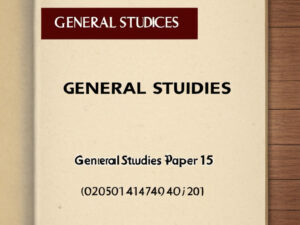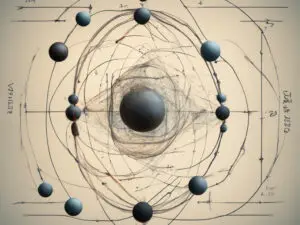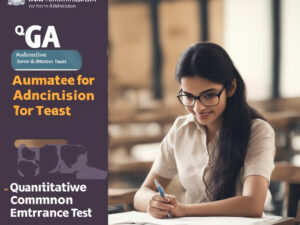Computer Science
The GATE (Graduate Aptitude Test in Engineering) Computer Science and Information Technology (CS) syllabus covers a wide range of topics ...
from various areas of computer science and information technology. Here's a comprehensive list of topics typically included in the GATE CS syllabus
Show more
- Description
- Reviews

The GATE (Graduate Aptitude Test in Engineering) Computer Science and Information Technology (CS) syllabus covers a wide range of topics from various areas of computer science and information technology. Here’s a comprehensive list of topics typically included in the GATE CS syllabus:
-
Engineering Mathematics:
- Discrete Mathematics (sets, relations, functions, propositional and predicate logic, permutations and combinations, graphs, trees, etc.)
- Linear Algebra (matrices, determinants, systems of linear equations, eigenvalues and eigenvectors)
- Calculus (limits, continuity, derivatives, maxima and minima, definite and indefinite integrals, sequences, and series)
-
Digital Logic:
- Boolean algebra
- Combinational and sequential circuits
- Minimization techniques (Karnaugh maps, Quine-McCluskey method)
- Number representations (binary, hexadecimal, octal)
-
Computer Organization and Architecture:
- Machine instructions and addressing modes
- CPU organization (ALU, data-path, control unit)
- Memory organization (cache memory, virtual memory)
- I/O interface (interrupts, DMA, I/O processors)
- Pipelining and parallelism
- Instruction pipelining
- Cache and main memory
-
Programming and Data Structures:
- Programming in C and C++
- Recursion
- Arrays, stacks, queues, linked lists, trees, graphs
- Hashing, heap, priority queues
- Sorting and searching algorithms
- Dynamic programming
- Graph algorithms (DFS, BFS, shortest paths, minimum spanning trees)
-
Algorithms:
- Asymptotic analysis (time and space complexity)
- Sorting algorithms (quicksort, mergesort, heapsort)
- Searching algorithms (linear search, binary search)
- Divide and conquer, greedy algorithms, dynamic programming
- Graph algorithms (minimum spanning trees, shortest paths)
- Complexity theory (P, NP, NP-complete, approximation algorithms)
-
Theory of Computation:
- Regular expressions and finite automata
- Context-free grammars and pushdown automata
- Turing machines and undecidability
- Regular and context-free languages
-
Compiler Design:
- Lexical analysis and parsing
- Syntax-directed translation
- Runtime environments
- Intermediate code generation
- Code optimization and code generation
-
Operating System:
- Processes, threads, and inter-process communication
- Scheduling algorithms (FCFS, SJF, RR, priority scheduling)
- Memory management (paging, segmentation)
- File systems and disk management
- Deadlocks and deadlock prevention, avoidance, and detection
-
Databases:
- Relational model (ER model, relational algebra)
- SQL (DDL, DML, DCL)
- Normalization and normalization forms
- Transactions and concurrency control
- Database indexing and hashing
-
Computer Networks:
- ISO/OSI model and TCP/IP model
- Data link layer (Ethernet, ARP, VLANs)
- Network layer (IPv4, IPv6, routing algorithms)
- Transport layer (TCP, UDP)
- Application layer protocols (HTTP, FTP, SMTP, DNS)
- Network security (cryptography, authentication, firewalls)
Please, login to leave a review
Course details
Duration
10 hours
Video
9 hours
Level
Advanced
Popular courses
Archive
Working hours
| Monday | 8:00 am - 8.00 pm |
| Tuesday | 8:00 am - 8.00 pm |
| Wednesday | 8:00 am - 8.00 pm |
| Thursday | 8:00 am - 8.00 pm |
| Friday | 8:00 am - 8.00 pm |
| Saturday | 8:00 am - 8.00 pm |
| Sunday | 8:00 am - 8.00 pm |







